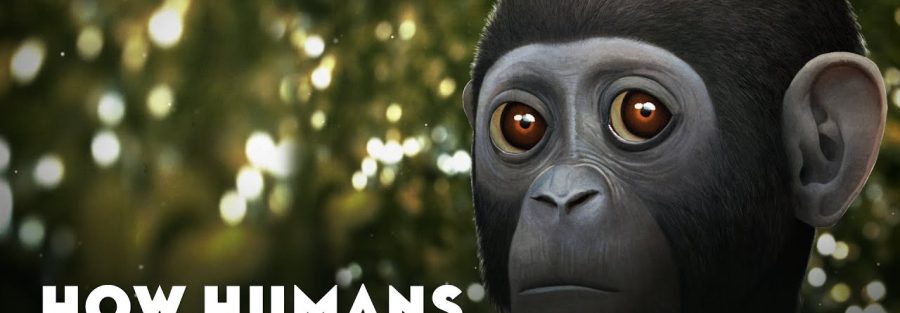How Humans Lost Their Fur
Humans lost their fur, or dense body hair, over millions of years of evolution, a process influenced by environmental changes, survival strategies, and genetic factors. While the exact reasons remain a topic of scientific debate, several theories explain how and why humans evolved to have relatively hairless skin compared to our primate relatives.
Thermoregulation and Endurance Running
One of the most widely accepted theories is that the loss of fur helped early humans regulate body temperature more effectively, particularly in hot, open environments like the African savannah. As our ancestors shifted from forested areas to more open grasslands, they likely adopted an active, bipedal lifestyle that involved long-distance walking and running.
Fur traps heat close to the body, which can be a disadvantage in hot climates, especially when engaging in prolonged physical activity. By losing their fur, early humans could cool down more efficiently through sweating. Human skin has a high density of sweat glands compared to other mammals, allowing for effective evaporative cooling. This adaptation would have been advantageous for endurance running, enabling early humans to hunt prey over long distances in the heat.
Parasite Avoidance
Another theory suggests that the reduction in body hair was driven by the need to minimize parasites, such as ticks, lice, and fleas. Dense fur provides an ideal habitat for these parasites, which can spread diseases and cause discomfort. By losing fur, early humans may have reduced the number of parasites that could infest their bodies. This change would have provided a significant survival advantage, especially as early humans began living in larger social groups where parasites could spread more easily.
Sexual Selection and Social Signals
Sexual selection may have also played a role in the loss of fur. Some researchers propose that early humans might have preferred mates with less body hair, associating smooth skin with health, youth, or better hygiene. Over generations, these preferences could have led to the gradual reduction of body hair.
Additionally, with less fur, human skin became a more visible canvas for social signals, such as blushing or other emotional expressions. This could have enhanced communication and social bonding within groups, further driving the evolution of hairless skin.
Genetic Factors
Genetic research has identified mutations in the gene responsible for producing the protein keratin, which is essential for hair formation. These mutations likely contributed to the reduction of body hair in humans. The exact timing of these genetic changes is difficult to determine, but they likely occurred over millions of years as various factors selected for less body hair.



